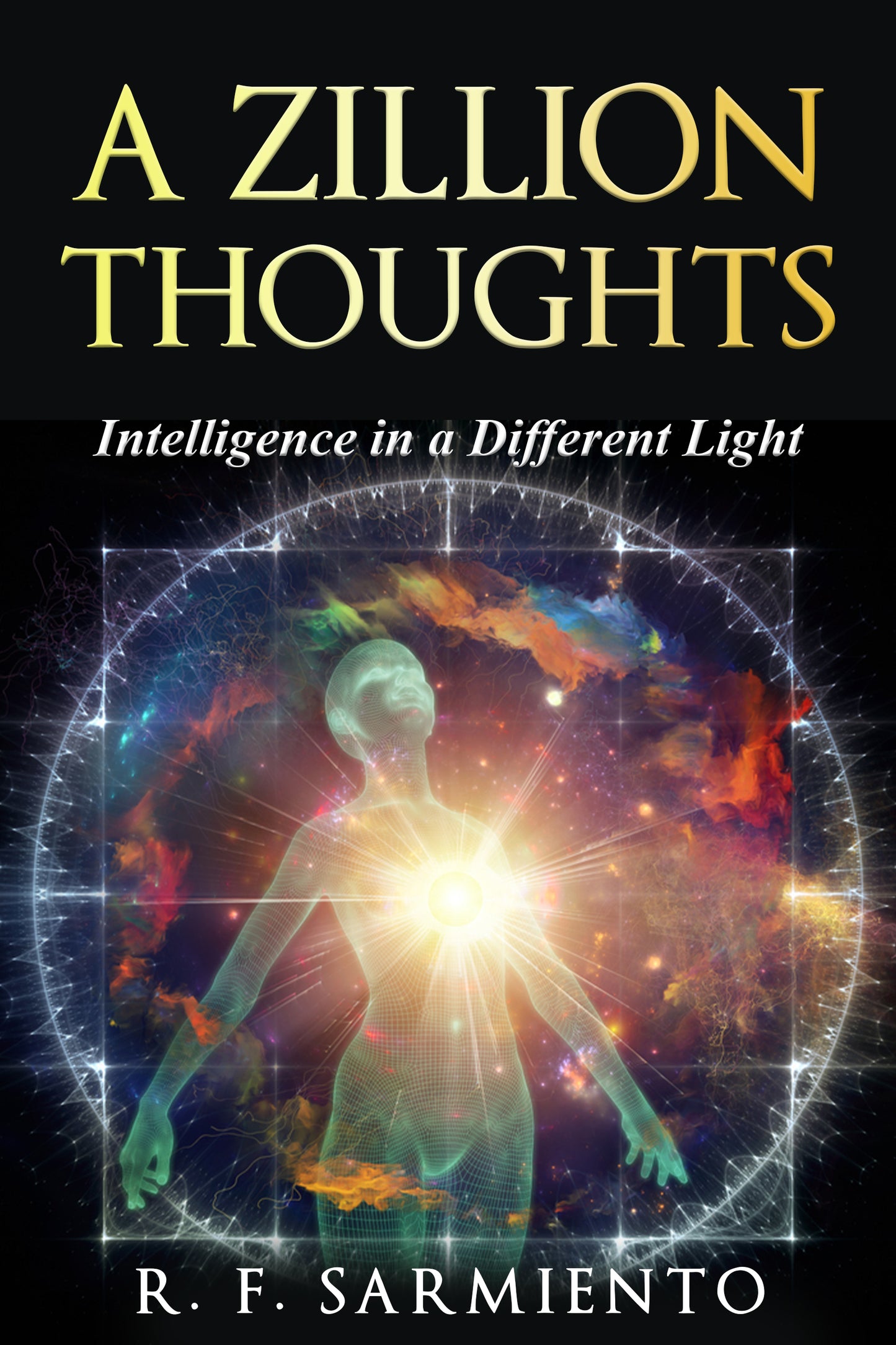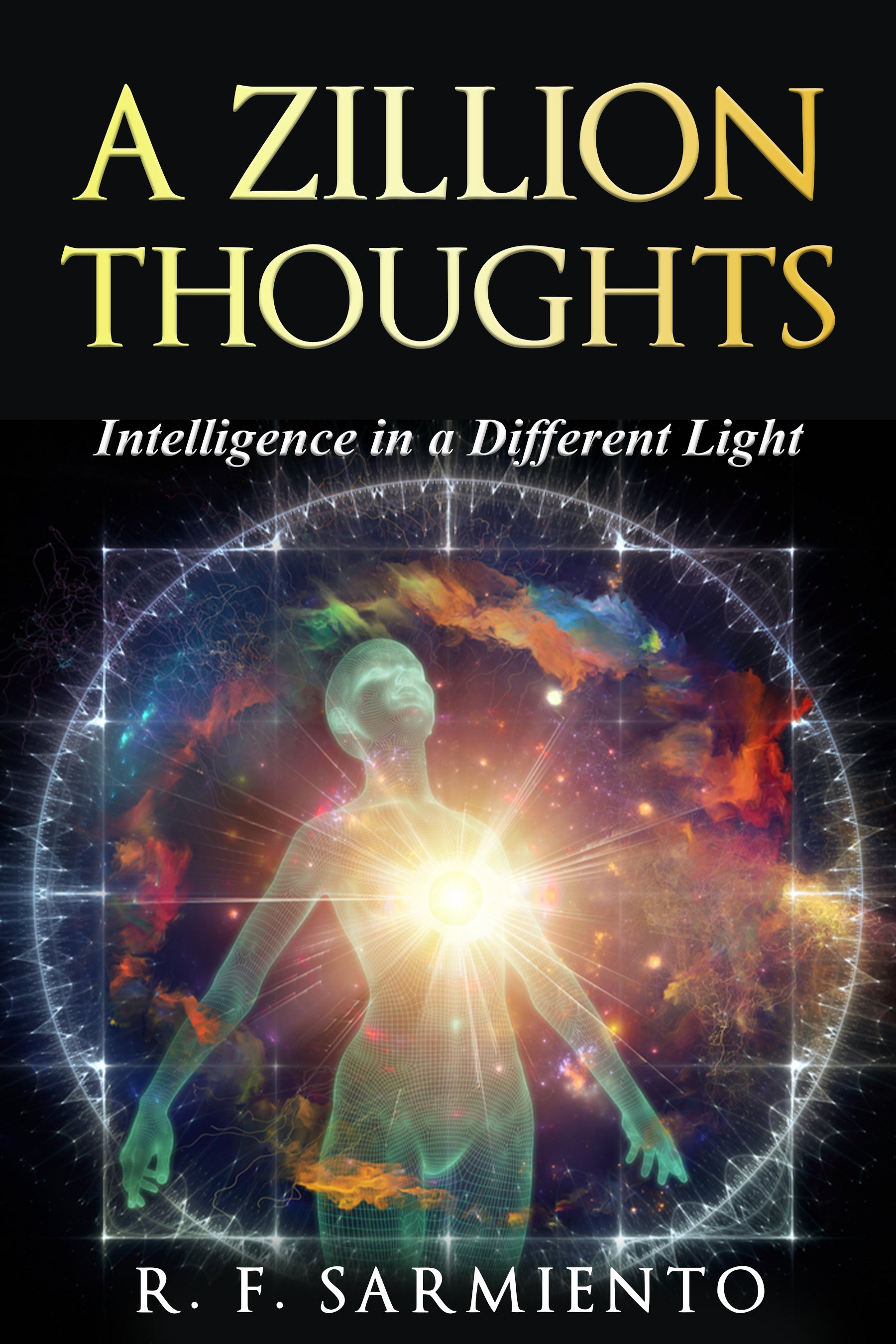Bertbook
A Zillion Thoughts: Intelligence in a Different Light
A Zillion Thoughts: Intelligence in a Different Light
Couldn't load pickup availability
Artificial Intelligence, which has been portrayed in the movies as science fiction, is progressively becoming a part of our life in a variety of ways, some of which are not readily apparent. Artificial intelligence, or the artificial increase in the accessible stock of intelligence (if such a thing exists) is a revolution in the way humans see the world and the role of the human brain in it in and of itself. However, artificial intelligence has a lengthy history. The mythology of Ancient Greece brought the concepts of intelligent elements (at the time, mechanical sculptures).
Initially, artificial intelligence was more concerned with the mechanical side of things than with thinking and learning. While Europe experienced minimal scientific development during the Dark Ages (but a lot of military development), the Arab world experienced a golden age of light and scientific advancement throughout that time. Artificial intelligence, which includes notions such as alchemical origin of life and programmable robots, was one of the areas with the most advanced learning. Indeed, the Islamic world's medieval period, which comprised parts of Europe's Iberian peninsula, was crucial to humanity's evolution. Following the Renaissance, Europe's scientific development was reconstructed, primarily in Western Europe, and several of today's primary signs of artificial intelligence were discovered. Mechanical and digital calculators are examples of simple gadgets that date back to the seventeenth century.
The Industrial Revolution marked a turning point in the seemingly steady growth of artificial intelligence understanding, as it became clear that it would be possible to duplicate, if not entirely replace, the human brain. Despite the fact that technology at the time was not sophisticated enough to make these thoughts a reality, the concept of a humanized machine became an actual undertaking. The most significant and essential advancements occurred following World War II and the subsequent economic and technological development, particularly development spurred by the Cold War. The first working artificial intelligence systems, a checkers and chess software, were built at the University of Manchester in 1951. By 1955, versions of these computers could already learn to play, opening up a whole new world of possibilities for artificial intelligence as a stand-alone program with growth potential.
Product details
- ASIN : B09YQQXYXY
- Publication date : April 23, 2022
- Language : English
- File size : 1986 KB
- Text-to-Speech : Enabled
- Screen Reader : Supported
- Enhanced typesetting : Enabled
- X-Ray : Not Enabled
- Word Wise : Not Enabled
- Print length : 85 pages
- Lending : Enabled
- Best Sellers Rank: #2,264,414 in Kindle Store

Collapsible content
DETAILS
Provide details like specifications, materials, or measurements.
Add an image in your Collapsible content settings for more visual interest.
TIPS
Share expert tips on how to use this product or pair it with other items.
SHIPPING
List the details of your shipping policy.

